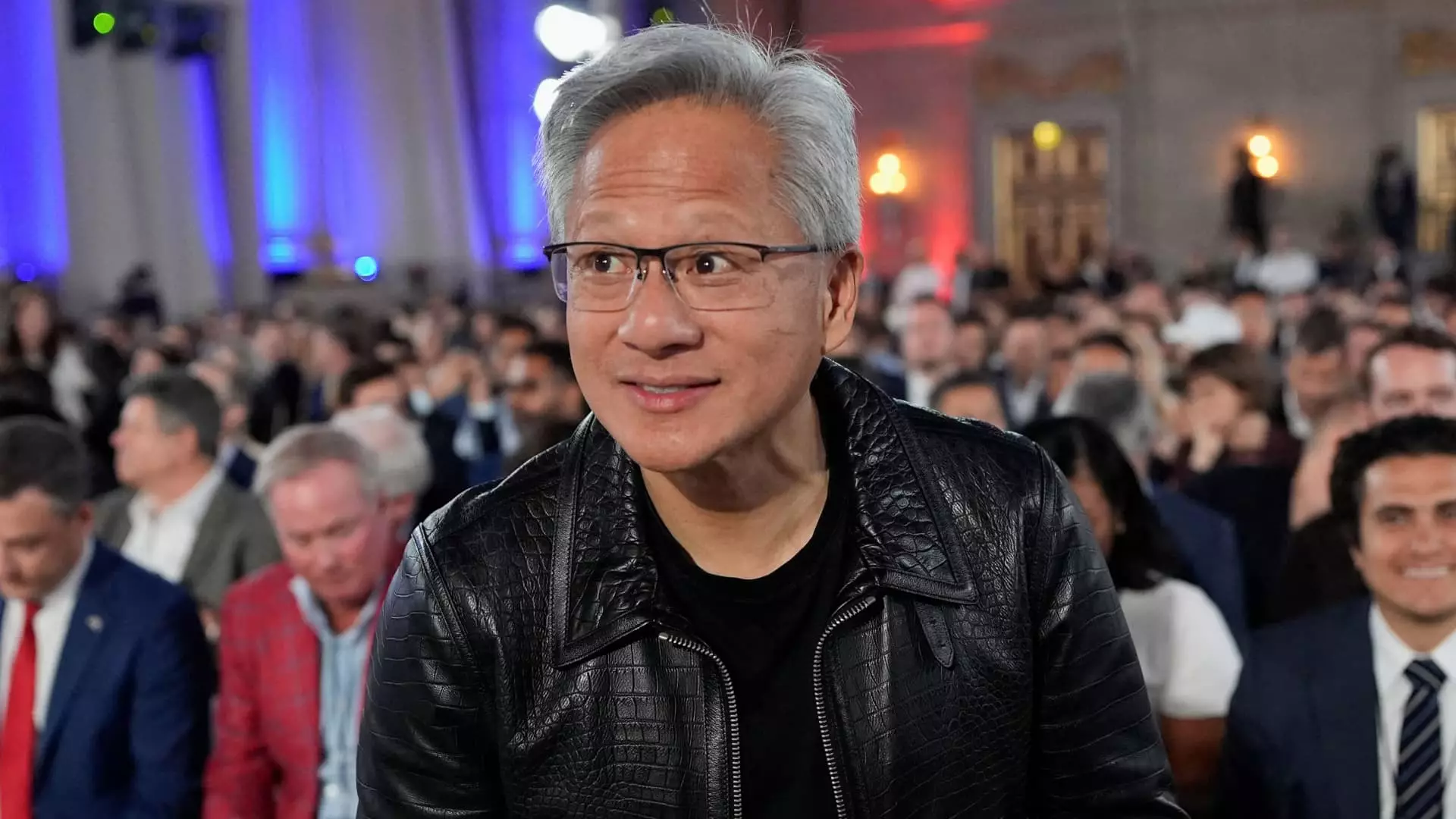Nvidia’s recent explosion of strategic moves reveals a company desperate to solidify its dominion over artificial intelligence infrastructure. The hefty $900 million investment to acquire Enfabrica’s talent and licensure, while ostensibly a leap forward in AI hardware, exposes a troubling pattern of aggressive expansion that borders on recklessness. The narrative spun by Nvidia’s executives paints this as innovation, but beneath the surface lies a troubling obsession with consolidation and control. As a center-wing liberal observer, I see this not as a bold step toward technological progress but rather a reflection of corporate overreach that stifles genuine competition and hampers the open development of AI technology.
By snatching up Enfabrica’s leadership—one of the most promising hardware startups—Nvidia signals its intent to dominate not just the chip market but the entire AI ecosystem. This isn’t about fostering a diverse and innovative landscape; it’s about erecting formidable barriers, absorbing smaller players, and ensuring that future AI infrastructure remains tightly controlled by a handful of corporate giants. While the financial details are impressive, they also reveal a willingness to prioritize market supremacy over the broader good, risking monopolistic tendencies that could harm consumers, innovators, and society at large.
The Cost of Strategic Monopoly
What makes Nvidia’s approach so concerning is not just its scale but its implications for the industry’s future. The company’s history of cautious investments—like the $6.9 billion purchase of Mellanox—shows a pattern of strategic acquisitions aimed at consolidating power rather than cultivating diverse innovation. In contrast, other tech giants like Google and Meta have openly embraced a model of “acquihires,” aggressively acquiring talent and promising to integrate cutting-edge researchers into their own ecosystems. This offers a glimpse into a future where AI development is driven less by democratized progress and more by corporate hammers wielding market dominance.
This monopolistic tendency could lead to a fractured industry, where smaller startups are swallowed or driven into obsolescence, reducing the overall vibrancy of AI innovation. While Nvidia continues to grow its portfolio with investments and strategic alliances—like the recent $5 billion stake in Intel and collaborations with established players—these moves risk creating an uneven playing field. The technological advancements they promote are not necessarily investments in open innovation but rather tactics to entrench their already dominant market position.
At What Cost to Society and Ethical Progress?
More troubling, perhaps, is the societal consequence of such aggressive expansion. With power concentrated in a few major companies, the development of AI risks becoming a tool for corporate dominance rather than a force for public good. Centralized control over AI hardware and infrastructure might streamline development for profit-driven entities but could stifle the societal benefits of open-access AI or collaborative research. As AI becomes more integral to everyday life—impacting everything from healthcare to employment—the fundamental question is whether this corporate arms race serves the wider public or merely enhances the profit margins of a select few.
Nvidia’s relentless push for control parallels a broader trend of tech giants monopolizing critical infrastructure. While innovation is essential, the unchecked accumulation of power by corporations divorced from democratic accountability could pose risks to transparency, ethical oversight, and societal welfare. As a liberal observer committed to equitable progress, I worry that these corporate pursuits prioritize short-term market supremacy over long-term societal benefits.
Nvidia’s recent billion-dollar ventures exemplify a troubling pattern in the tech industry—one where corporate ambition masquerades as innovation, leading us down a path where market power eclipses societal progress. While it’s undeniable that advancements in AI hardware are necessary for the field’s growth, the concentration of this power in the hands of a few raises profound ethical questions. As consumers, policymakers, and industry watchdogs, we must scrutinize whether this relentless pursuit of market dominance truly serves society, or if it simply consolidates a handful of corporations at the expense of open, ethical, and inclusive technological development. Innovation should challenge monopolies, not solidify them.


Leave a Reply